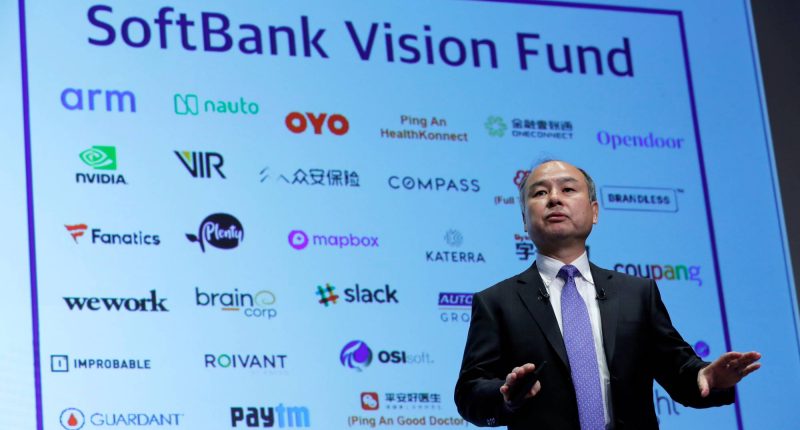2021 has been less demanding than the previous year – it fostered the unprecedented growth of the startup sector in India – but it seems that Japanese conglomerate Softbank Group Corp. has been unlucky to miss out on getting a slice of the pie. Its results for Q3 2021 highlighted a record loss in its Vision Fund unit, which had clocked profits earlier, spearheaded by strong entries of South Korea’s Coupang, America’s DoorDash Inc., and China’s KE Holdings Inc into the public markets.
“If you look at the Vision Fund’s performance so far this year, pretty much everything they brought to market so far has lost money since listing,” Kirk Boodry, an analyst at Redex Research in Tokyo, said ahead of the earnings announcement. “That’s an incredibly poor track record. They have been behind a lot of overpriced IPOs. It makes you wonder whether this whole cycle of investing, taking the companies public, and then getting your money back is broken.”
The loss comes even as tech giants are under pressure from government scrutiny in China (with no indication of stopping anytime soon), dropping of IPOs, and steep fall in the price of shares of many companies – in fact, the value of Didi Global dropped by nearly 50% of its value (and SoftBank’s stake in it, which had been acquired by $12 billion, is currently valued at $7.5 billion) while Coupang’s stock fell by nearly 40% in the third quarter of the year. Alibaba did not escape the ax – its shares fell by around a third in Q3 2021as well.
SoftBank clocked a net loss of 397 billion yen ($3.5 billion) between July and September 2021, a sharp contrast to the profit it had recorded in the same period a year ago. The record loss was led by its Vision Fund unit, whose performance has been termed as its worst one to date. The loss of the Vision Fund for Q3 2021 came at a record 825.1 billion yen ($7.3 billion), exceeding the 788.6 billion yen loss it had clocked earlier. Vision Fund’s investment loss came at 1.167 trillion yen.
SoftBank and its Vision Fund have been prominent names in the startup sector, having invested in and bought stakes in many leading players.
“Naturally, the focus of investors and capital providers is completely different. Investors pay close attention to the daily movements of indicators that affect the stock prices of these industries, such as interest rates, exchange rates, and employment statistics, as well as the monetary policies of the authorities, and make decisions based on these indicators,” Masayoshi Son, CEO of SoftBank, said.
“However, for capital providers who are looking to shape the future over a 10- to 30-year span, these indicators are not necessarily important. As a capital provider, all I see is how technology is going to create a paradigm shift. In the formative years of the Internet, most Internet companies did not generate profits,” he added.
The Tech Portal is published by Blue Box Media Private Limited. Our investors have no influence over our reporting. Read our full Ownership and Funding Disclosure →





